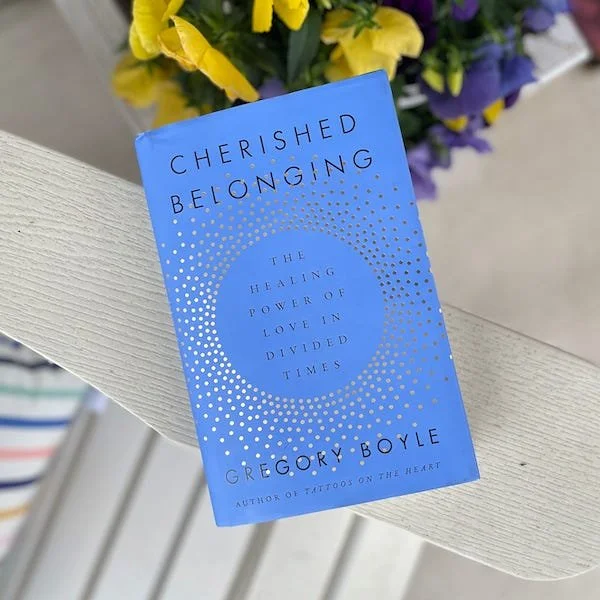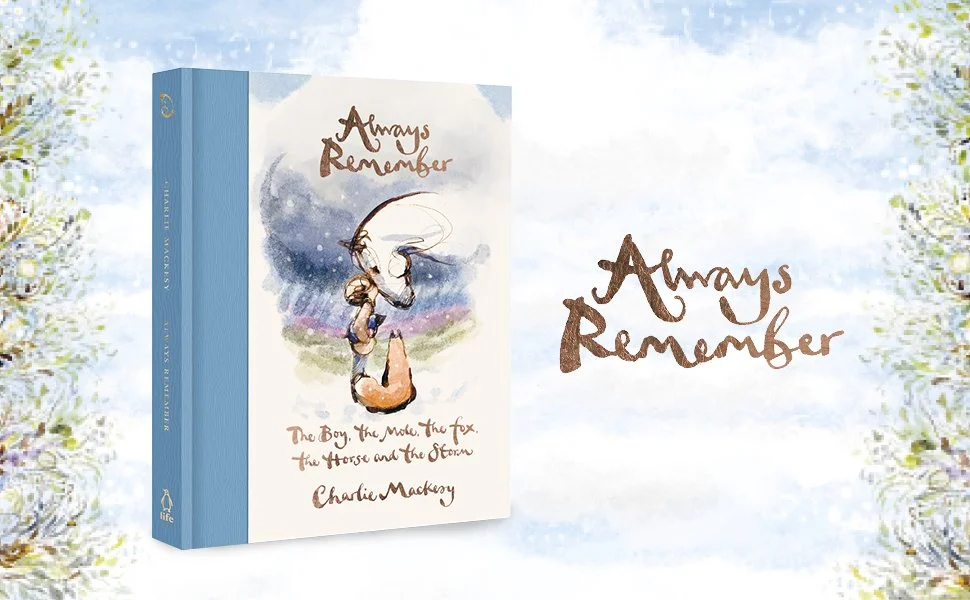I am reading the book Cherished Belonging by Jesuit priest Gregory Boyle. For over 30 years he has worked with street gangs in Los Angeles in what is called Homeboy Industries. They provide support in trauma and employment in their social enterprises which include electronics and recycling, homegirl café, homeboy bakery, catering, silk and embroidery work to name a few. Mostly, they are laser focused on belonging as the prime mover in edging people closer to wholeness.
Belonging [and not belonging] is a primal experience in our bodies, in our minds and in our spirits. It cuts across every form of relationship possible: belonging to my family and friends, to my neighbourhood, to my country, to Earth herself and ultimately belonging to myself. This sense of belonging is one thing we mean by the phrase experiencing the Sacred in life.
And yet one might use the lens of not belonging as a way to describe the violence of our time, the polarization of our time, the dislocation from oneself of our time.
As we begin this new year that many of us hope will not be simply “more of the same”, perhaps the lens of belonging will reveal something new to us.
Looking for a good read - try Cherished Belonging.
-Sister Margo Ritchie, csj








